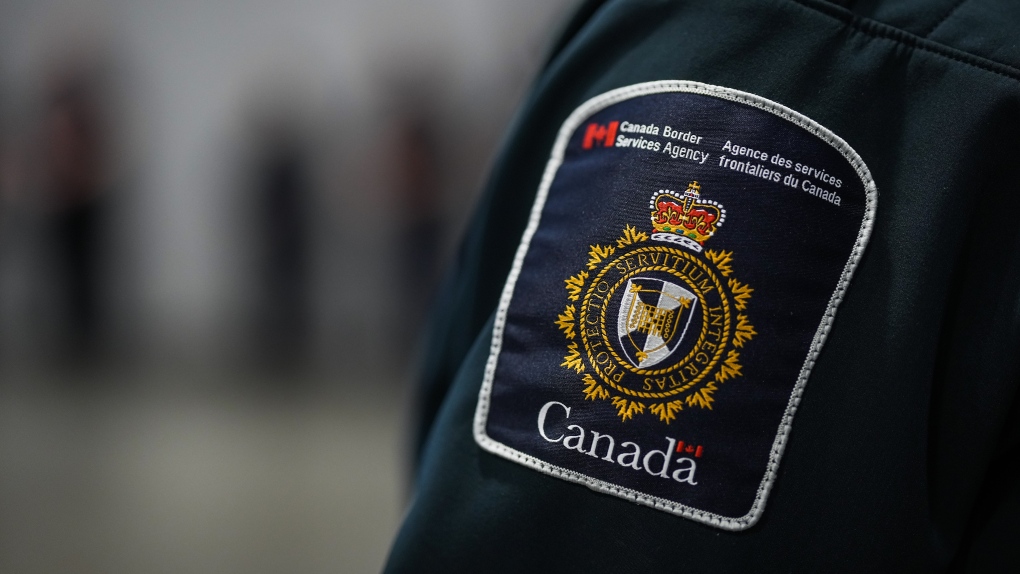The Canada Border Services Agency (CBSA) is bracing for a busy March Break, as people get ready to take off.
Travellers are being told to have all travel documents handy at land and airport ports of entry, and to expect delays while travelling over the next few weeks.
Safety and security are the agency’s top priorities, even during peak periods, the CBSA said in a news release on Thursday.
“The CBSA invests significant effort planning and preparing for peak periods, including long weekends and holidays,” read the release. “We monitor traveller volumes and work hard to minimize border wait times at ports of entry, including international airports, without compromising safety and security.”
The CBSA notes that its measures help support the economy by ensuring the safe and efficient movement of people and goods across the borders.
It shares some tips to help you plan for your trip:
• Plan ahead, expect delays and check border wait times. Travellers crossing the border by land are encouraged to cross during non-peak hours such as early mornings.
• When travelling with children, it is recommended that the accompanying adult have a consent letter authorizing them to travel with the child if they share custody or are not the parent or legal guardian. Border services officers are always watching for missing children, and in the absence of the letter, officers may ask additional questions.
• Save time with advance declaration. You can make your customs and immigration declaration up to 72 hours in advance of your arrival into Canada at the Toronto, Vancouver, Montréal, Winnipeg, Halifax, Québec City, Ottawa, Billy Bishop, Calgary and Edmonton international airports. Data shows that using this tool cuts your time at a kiosk or eGate by up to 50 per cent.
• Be prepared to declare. All travellers must declare their goods upon entry into Canada. For returning residents, have your receipts readily available for goods purchased or received while outside of Canada. Travellers should be aware of everything that is inside their vehicle and are responsible for its contents. You are encouraged not to travel with firearms, but if you choose to do so, be sure to check the rules on importing firearms and other restricted and prohibited goods, which includes pepper spray and certain knives.
• Know your exemption limits. Returning residents planning to make purchases or pick up online purchases across the border should be aware of their personal exemption limits, including alcohol and tobacco. You are encouraged to use the CBSA duty and taxes estimator to help you calculate monies owed on goods purchased abroad.
• Cannabis: Don’t bring it in. Don’t take it out. Bringing cannabis across the border in any form, including oils containing tetrahydrocannabinol (THC) or cannabidiol (CBD), without a permit or exemption authorized by Health Canada is a serious criminal offence subject to arrest and prosecution, despite the legalization of cannabis in Canada. A medical prescription from a doctor does not count as Health Canada authorization.
• Bringing traditional Indigenous medicines or ceremonial goods to Canada? Medicines such as sage, cedar, sweetgrass, peyote and tobacco are recognized as sacred items and can be brought across the border by Indigenous Peoples in Canada. However, plant materials are subject to regulations and inspections.
• If you are travelling with a pet or planning to import an animal into Canada, you will need the right paperwork at the border to meet Canada’s import requirements.
The CBSA welcomed 86,575,393 travellers at border points and intercepted over 72,200 kg of prohibited drugs, cannabis, narcotics and chemicals in 2023.

